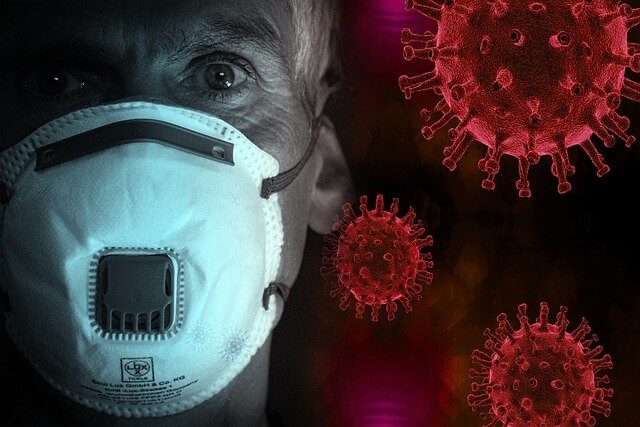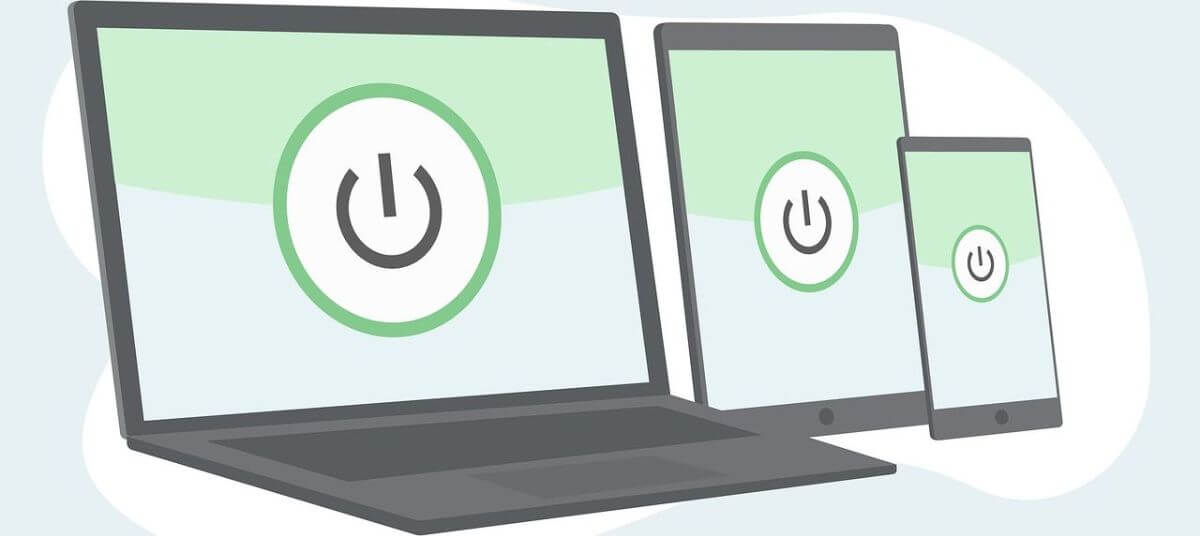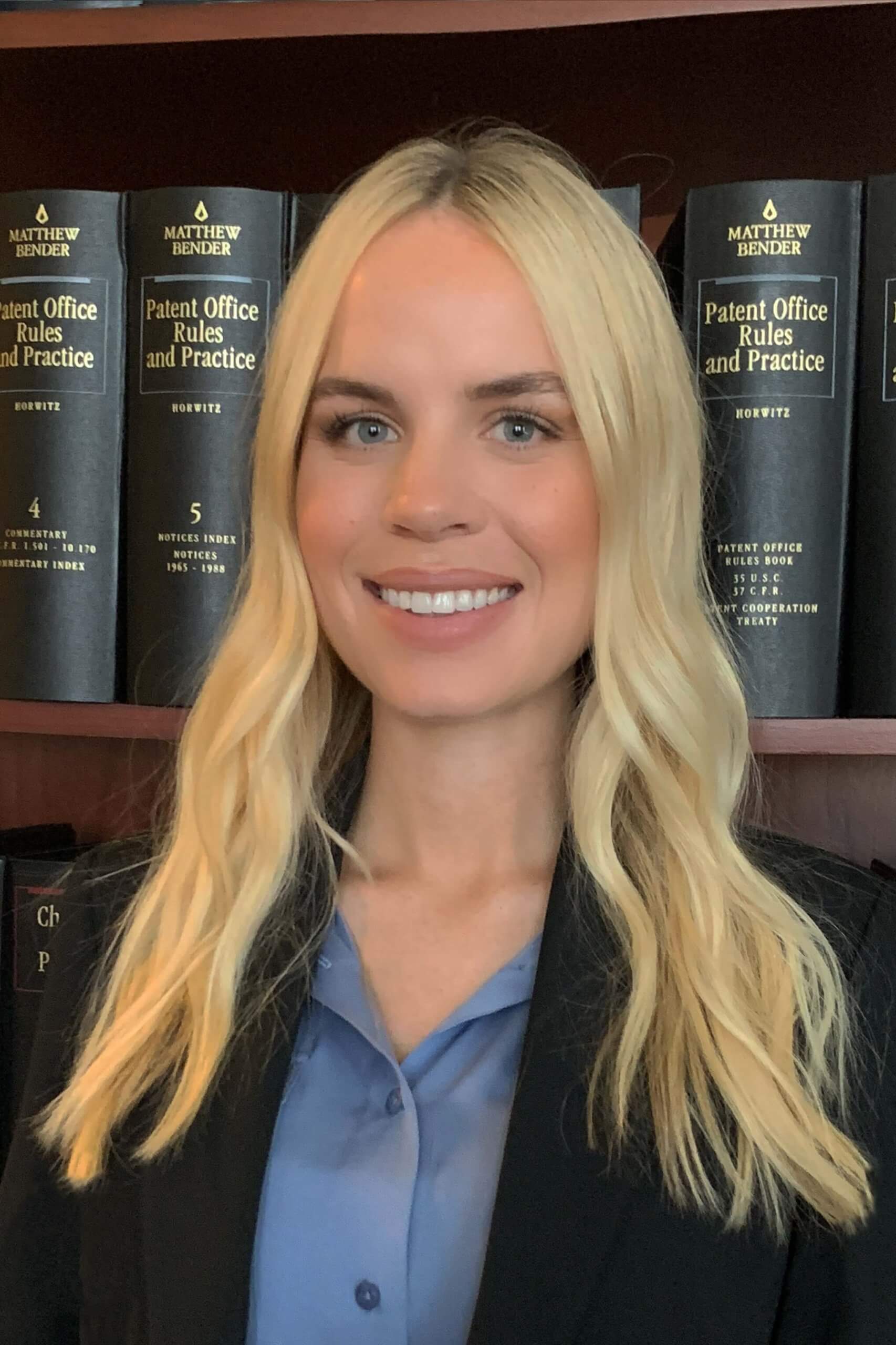USPTO Implements Programs for Expedited COVID-19 Related Patent Applicants
Takeaway: Qualifying patent applicants can receive expedited examination.

Due to COVID-19, the USPTO launched programs for patent applicants to receive prioritized examination of their applications. Programs such as the COVID-19 Prioritized Patent Examination Pilot Program and the COVID-19 Prioritized Trademark Examination Program offer qualifying patent and trademark applications the opportunity for prioritized examination.
Since the USPTO has offered these expedited examinations, 251 requests for prioritized patent applications have been granted which has resulted in 33 patents being granted to the applicants so far. Qualifying patent applications under the programs include applications for medical treatments, equipment, and technology related to COVID-19. The availability of expedited consideration for patent applications allows those with COVID-19 related inventions to secure their intellectual property rights as soon as possible as well as provide market availability.
Congress Approves Additional IP Protections in Recent COVID-19 Relief Bill
Takeaway: The congressional spending and Covid-19 relief bill also includes many IP provisions for additional protection for owners.
Congress’ most recent economic and Covid-19 relief bill contained many intellectual property related provisions. These provisions include the creation of a mechanism for adjudicating copyright disputes valued under $30,000. These disputes will now be heard in a small claims court set up as a “Copyright Claims Board,” making the unlawful large-scale streaming of copyrighted works a felony, in addition to amendments to other trademark and patent procedures. These additions will further help protect intellectual property owners protect their rights, as well as provide a less expensive alternative to litigating copyright claims in federal court. There are also additional rules concerning streaming infringing content and wrongful holding trademarks without continued use.
Court Dockets See A Decrease Due to COVID-19
Takeaway: While most courts have seen a decline in caseload numbers, the number of patent cases are on the rise.
Since the start of the COVID-19 pandemic, federal court caseloads have dropped significantly. Intellectual property cases that dropped in 2020 include a large drop for copyright cases from 4,579 in 2019 to 2,905 in 2020 and a slight decrease in number for trademark cases from 1,173 in 2019 to 1,111 in 2020. Court dockets for patent cases, however, have increased from 3,051 in 2019 to 3,438 in 2020, especially in the Western District of Texas. This increase may be due to recent amendments in patent law that are plaintiff-friendly.
The Top 3 Cybersecurity and Data Privacy Developments of 2020

Effect of COVID-19
With the devastating spread of COVID-19 and its serious effect on the economy, many more businesses have become a target to malware and other cyber-attacks. As the crisis shifted most jobs to working remotely, so did the number of phishing e-mails and ransomware demands. In January to April alone, Interpol detected approximately 900,000 spam messages, 800 malware-related incidents, and 50,000 malicious URLs connected to the corona virus. See attached checklist for our suggested best practices.
CPRA Passes in November 2020
California’s Proposition 24, also known as the California Privacy Rights Act (CPRA), will increase consumer privacy protections starting January 1, 2023. Notably, the new law raises the standards set by the CCPA by establishing the California Privacy Protection Agency, a separate enforcement agency dedicated to enforcing the CPRA. We outlined some of the other prominent changes to the law in our November 12, 2020 Newsletter.
Congress Passes New Cybersecurity Bill
In November 2020, Congress passed the IoT (Internet of Things) Cybersecurity Improvement Act of 2020, a notable cybersecurity bill that aims to enhance the safeguards of internet-connected devices. According to ASIS International, the measure “would direct the U.S. Commerce Department’s National Institute of Standards and Technology (NIST) to establish baseline security requirements for IoT manufacturers and would require contractors to implement vulnerability disclosure policies.” The bill does not apply to consumers; it only applies to the federal government.
The attorneys of Cislo & Thomas LLP keep up-to-date on the complex and constantly changing cyber and privacy compliance laws and regulations. We are happy to assist you in all aspects of your data protection and consumer privacy compliance needs.
Specifically, Cislo & Thomas LLP can help you with:
– Privacy Policy Drafting
– Privacy Compliance Assessments
– Ongoing Privacy Program Management
– Third Party Contract Review
– Incident Response Plans
– Internal Policy Development
As you start the new year, use our Cislo & Thomas 2021 Business Checklist to help you identify any other intellectual property or data privacy/cybersecurity needs that your company may want to address.
Your Computer Screen May Be Eligible for a Patent
Takeaway: Design patents may be a cost effective means of protecting your intellectual property in addition to copyright protection.
In addition to obtaining a copyright on your intellectual property, a design patent may also be available to secure for web designs and computer screen images. Patents protect your intellectual property by creating a short term monopoly for the inventor and are afforded a “presumption of validity” if challenged in court. While utility patents are usually very expensive to obtain, design patents are reasonably affordable and provide a means for further protecting one’s work.
Cislo & Thomas LLP Spotlight

Rebecca Makitalo, Esq. Writes Feature Article for Ventura County Bar Association Magazine “Citations”
Cislo & Thomas LLP Attorney Rebecca Makitalo, Esq. is the Co-Chair for the IP Section of the Ventura County Bar Association.
Rebecca wrote an article for this month’s Ventura County Bar Magazine Citations called, “Embedded Instagram Posts — Infringement Or Fair Use?”.
Read her article here: https://www.vcba.org/wp-content/uploads/2020/12/December-Citations-2020-WEB.pdf
Enjoy keeping up with IP news?



